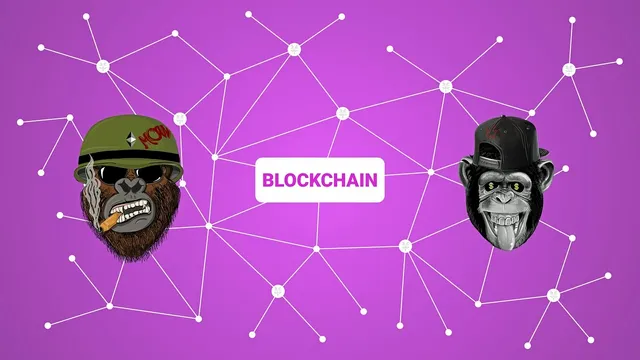NFTs and Virtual Land in the Metaverse
INTRODUCTION
With the advent of the metaverse, many people have started shifting from face-to-face interaction towards a modern technological advancement where real-world experiences are merged and experienced virtually. A metaverse, a so-called universal aspired platform, is mostly based on the blockchain solution and more strictly on the nonorthodox, e.g., NFTs. Theoretical frameworks are provided to explain these innovative digital phenomena which consider these virtual assets, as well as virtual property, as giving possession of them in the real world as they distil most avatars of the metaverse economy.
The ownership perception has been disrupted by all NFT’s transactions as people can now say that digital commodities such as land in the metaverse are limited and can be authenticated and are precious. This one is coming with a new perspective where users buy and sell and trade virtually demarcated sections of land as it is done in real life but with the capacity of constructing their own locations, settings, or even countries’ economies. The development of NFT technology is changing the traditional idea of formulating estates into a new industry of ownership in the virtual environment that allows returns through active participation in the virtual space.
In the context of an expanding Metaverse, virtual real estate and NFTs are new ways for users to get immersed in the digital space but not only as users but also as content creators and content owners. In the next sections, we shall discuss other aspects of the ways how NFTs are shaping the Metaverse.
- OWNERSHIP AND SCARCITY OF VIRTUAL REAL ESTATE:
In the Meta verse, NFTs provide a secure way to prove virtual land ownership. Unlike the physical world, where real estate is finite and governed by physical laws, the virtual world is infinite. So platforms like decentraland help to limit the available plot of land by creating scarcity.
Using NFTs to represents plot of land , helps to make the proof of ownership clear on the blockchain network. This ensures that the ownership cannot be forged or duplicated. Also buyers can be rest assured that their investment is secure, since their ownership data is immutable and permanently stored on the blockchain.
Also creating scarcity also helps to drive up demand for plots. This makes it a lucrative investment, as virtual real estate investors have already seen value of their land increase.
- REVENUE GENERATION THROUGH VIRTUAL PROPERTY:
Apart from providing ownership rights, owning virtual real estate also opens up opportunities for revenue generation. Land owners in the metaverse can rent out or sell their land for profit. Some can build virtual malls, gaming arenas, etc and monetize it through entry fees or partnering with brands.
For example, people are renting virtual land in the metaverse, the same way people rent physical office space, so they can host virtual events, or sell digital goods.
So, using NFTs to verify virtual land ownership enables seamless transactions between parties. Smart contracts also helps to makes sure that land owners are paid directly, without the need for intermediaries.
- DECENTRALIZED CONTROL AND GOVERNANCE:
NFTs in the Metaverse economy support decentralized governance, and this is one of its advantages. Virtual real estate owners have a say in the governance of the platform on which they own land. As a result, they can vote on changes, upgrades and policies.
This gives users control over their virtual environments, there by allowing them to have a say in the future development of the metaverse. They can vote on new features, changes to landscape and ways the virtual community is governed.
NFTs has made ownership in the metaverse to be more of a form of participation in its governance. Users now have a direct stake in the success of the platform.
- SOCIAL INTERACTION AND COMMUNITY BUILDING:
Apart from ownership and economic benefits, NFTs in the metaverse also enables social interactions and community building. When people own virtual land in a shared space, it brings them together, as they collaborate to create virtual cities, entertainment districts, or educational environments, there by fostering a sense of community and shared purpose.
Concert and art galleries can also be hosted on these virtual spaces, there by allowing creators and influencers to connect with their audiences in new and engaging ways. This makes the metaverse appealing to Millennials and Gen Z that are accustomed to digital interactions.
CONCLUSION
The use of NFTs in virtual real estate has helped to shape the future of the Metaverse. It helps to provide verifiable ownership, enables revenue generation, supports decentralized governance and also foster community interaction.


.webp)

Twitter share
https://twitter.com/Saintkelvin18/status/1835039061532102984?t=ntQ5of1awtJayVfEE4OIiA&s=19
Note:- ✅
KINDLY JOIN PUSSFI DISCORD SERVER FOR MORE DETAILS!
Regards,
@jueco
Congratulations, your post is upvoted by CCS curation trail from CCS - A community by witness @visionaer3003.
Vote for @visionaer3003 as witness.